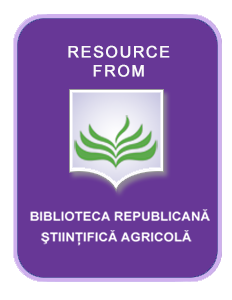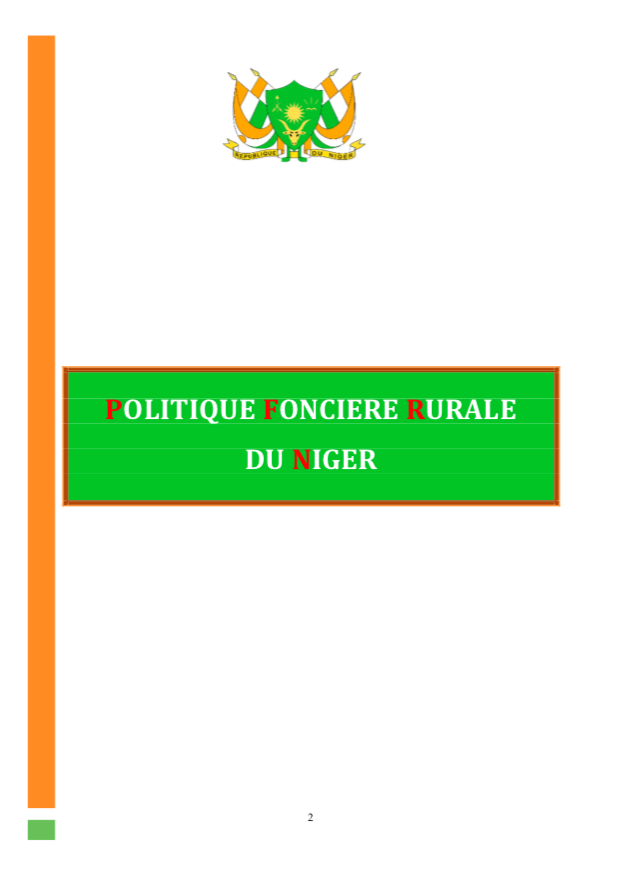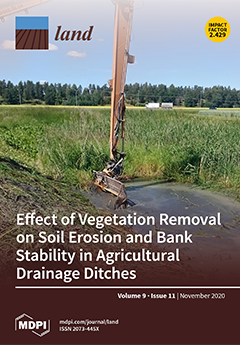Land Reform in the Era of Global Warming—Can Land Reforms Help Agriculture Be Climate-Smart?
In an era of global warming, long-standing challenges for rural populations, including land inequality, poverty and food insecurity, risk being exacerbated by the effects of climate change. Innovative and effective approaches, such as Climate Smart Agriculture (CSA), are required to alleviate these environmental pressures without hampering efficiency.







